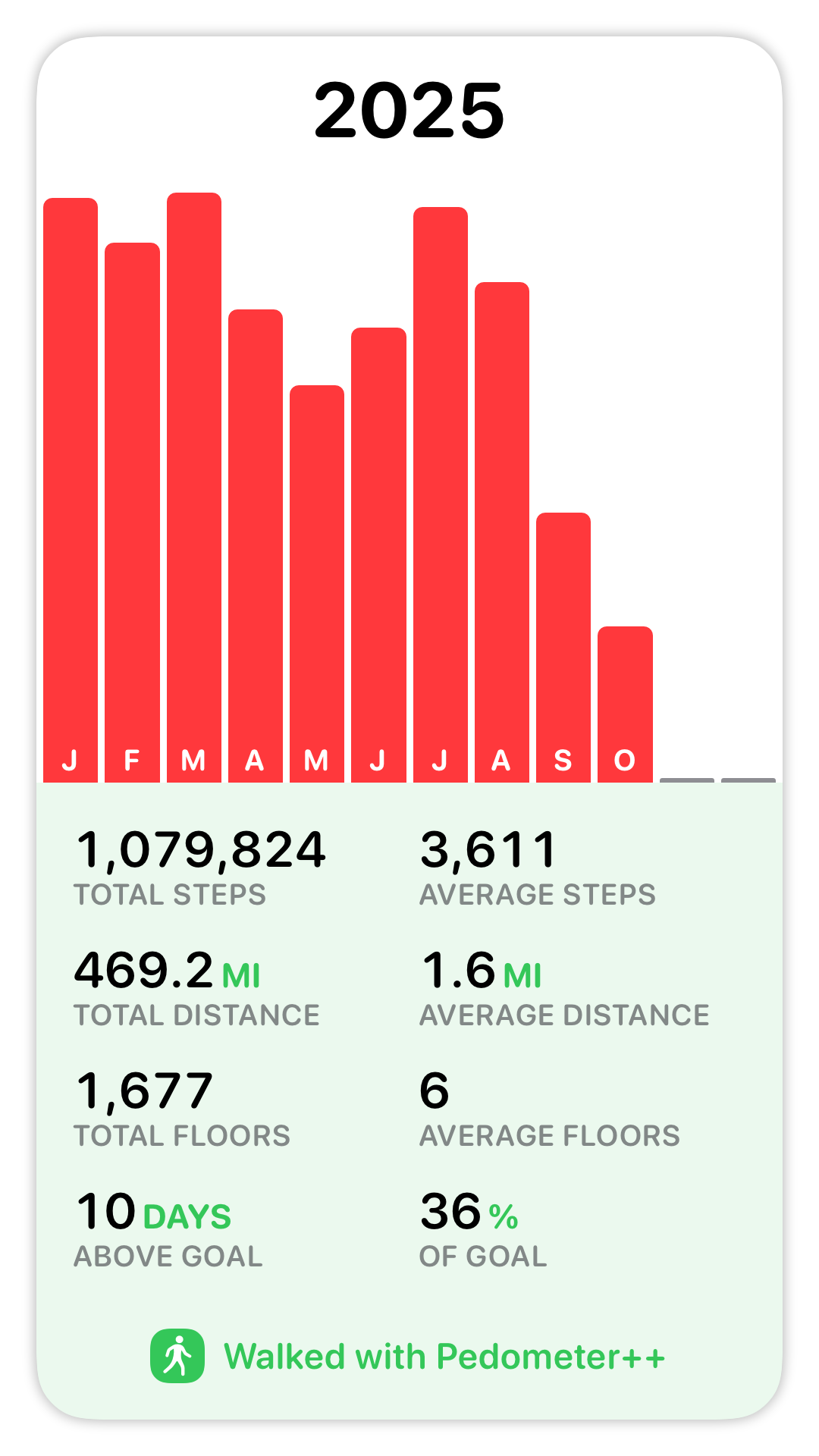The Famous Names in the Latest Release of Epstein Files - WSJ
Instagram — Savannah Guthrie instagram vid

Rogue Move Workout Summary
Date: 02/03/26 Duration: 20:00.0 Distance: 3076M Avg Pace: 3:15.0/500m Calories: 156 kcal Stroke Rate: 20 S/M Power: 47W
Gavin Newsom Is Playing the Long Game | The New Yorker
For years, Newsom has cultivated the air of an accidental politician. He notes that, in his twenties, he was a wine entrepreneur: with support from the dynastic businessman and composer Gordon Getty, he launched a wine shop, then a café, and then a vineyard and other projects, called PlumpJack (a Falstaff epithet, in “Henry IV, Part 1”). Today, he owns, partly in a blind trust designed to avoid conflicts of interest, stakes in offshoot enterprises with names like the Falstaff Management Group, Inc. He tells people that, if his political career ended tomorrow, he would return to life in business, and what a mercy that would be. But the feint convinces almost no one, because Newsom is perhaps the least Falstaffian man in wine. He starts texting at seven in the morning. He dresses each day as if for the meeting that will change his life. His holdings earn him, passively, more than a million dollars a year, enough to live on and more, and yet there he is, week after week, taking notes in policy binders, standing in the sun along the border—a guy so all in for the public grind, it seems, that he has turned even the simple pleasures in life, like poking fun at the President’s unhinged posts, into a statehouse chore.

Bucky Linked List
Who Can Actually Afford a $500K House in 2026 (The Math Is Brutal) - YouTube
Tax Deductions for 2025 That Can Get You a Bigger Refund: SALT, Seniors and More - WSJ
Clawdbot — Personal AI Assistant — The future.

Wordle 1,684 2/6
⬛🟨⬛⬛🟨
🟩🟩🟩🟩🟩
Apple introduces new AirTag with expanded range and improved findability - Apple
What the Census Says About the U.S. Population, in Six Charts - WSJ
How the Online SAT May be Vulnerable to Cheating - The New York Times — The only to test is pencil and paper.
How to View the Artemis II Moon Launch - The New York Times
🚣♂️ Rogue Move Workout Summary
Date: 01/28/26
Duration: 20:00.0
Distance: 2878M
Avg Pace: 3:28.4/500m
Calories: 146 kcal
Stroke Rate: 22 S/M
Power: 38W

How High Should Your TV Be Mounted? | Reviews by Wirecutter

The Cruelty and Theatre of the Trump Press Conference | The New Yorker
Leavitt pounced. “Oh, O.K., so you’re a biased reporter with a left-wing opinion.” She said “left-wing opinion”—referring to an opinion she’d solicited just a second ago—with a slight, taunting singsong in her voice. She continued, “Yeah, because you’re a left-wing hack, you’re not a reporter, you’re posing in this room as a journalist, and it’s so clear by the premise of your question. And you and the people in the media who have such biases but fake like you’re a journalist—you shouldn’t even be sitting in that seat.”

SRS #257 Jocko Willink - Commander of SEAL Team-3 Task Unit Bruiser ak – Shawn Ryan Show - 6 hours of high yield Goljan.
U.S. Companies Are Still Slashing Jobs to Reverse Pandemic Hiring Boom - WSJ
The Super Bowl’s Biggest Loser: The New York Jets - WSJ
Reviews of Biographies of Ernest Hemingway
Apple announces all-time record in revenue, iPhone sales – Six Colors
Rogue Move Workout Summary
Date: 01/30/26
Duration: 20:00.0
Distance: 2965M
Avg Pace: 3:22.3/500m
Calories: 151 kcal
Stroke Rate: 20 S/M
Power: 42W

The Brilliance and the Badness of “The Sun Also Rises” | The New Yorker
I found myself reading the book quickly, unable to slow down to the pace that Hemingway’s style requires, knowing, as I sped through, that what I was doing was as senseless as taking big gulps of a grand-cru wine. Periodically, I was shocked by the book’s brilliance—in the bar scenes where so many people are talking, for example, and the reader is hovering among them—and by its breathtaking beauty. More significant, in addition to being wretched, the book is also periodically wise.
“Will Sally Have a Baby Before All Her Eggs Die?” A Word Problem - McSweeney’s Internet Tendency
Federal Judge Rules Out Death Penalty for Luigi Mangione - WSJ — Weak judge.
The Brilliance and the Badness of “The Sun Also Rises” | The New Yorker
I found myself reading the book quickly, unable to slow down to the pace that Hemingway’s style requires, knowing, as I sped through, that what I was doing was as senseless as taking big gulps of a grand-cru wine. Periodically, I was shocked by the book’s brilliance—in the bar scenes where so many people are talking, for example, and the reader is hovering among them—and by its breathtaking beauty. More significant, in addition to being wretched, the book is also periodically wise.

Rogue Move Workout Summary
Date: 01/30/26 Duration: 20:00.0 Distance: 2965M Avg Pace: 3:22.3/500m Calories: 151 kcal Stroke Rate: 20 S/M Power: 42W
SRS #257 Jocko Willink - Commander of SEAL Team-3 Task Unit Bruiser ak – Shawn Ryan Show - 6 hours of high yield Goljan.

The Cruelty and Theatre of the Trump Press Conference | The New Yorker
Leavitt pounced. “Oh, O.K., so you’re a biased reporter with a left-wing opinion.” She said “left-wing opinion”—referring to an opinion she’d solicited just a second ago—with a slight, taunting singsong in her voice. She continued, “Yeah, because you’re a left-wing hack, you’re not a reporter, you’re posing in this room as a journalist, and it’s so clear by the premise of your question. And you and the people in the media who have such biases but fake like you’re a journalist—you shouldn’t even be sitting in that seat.”